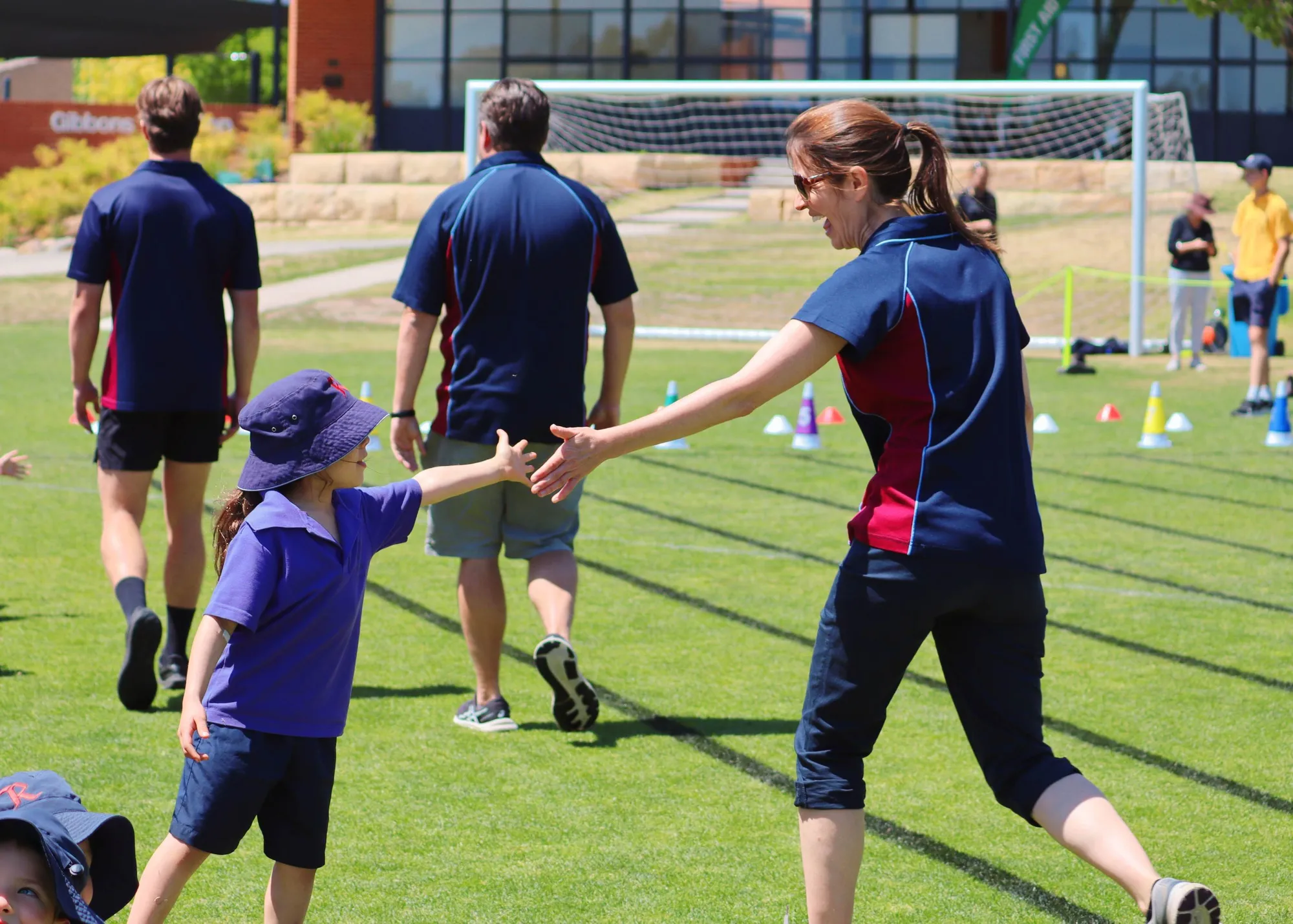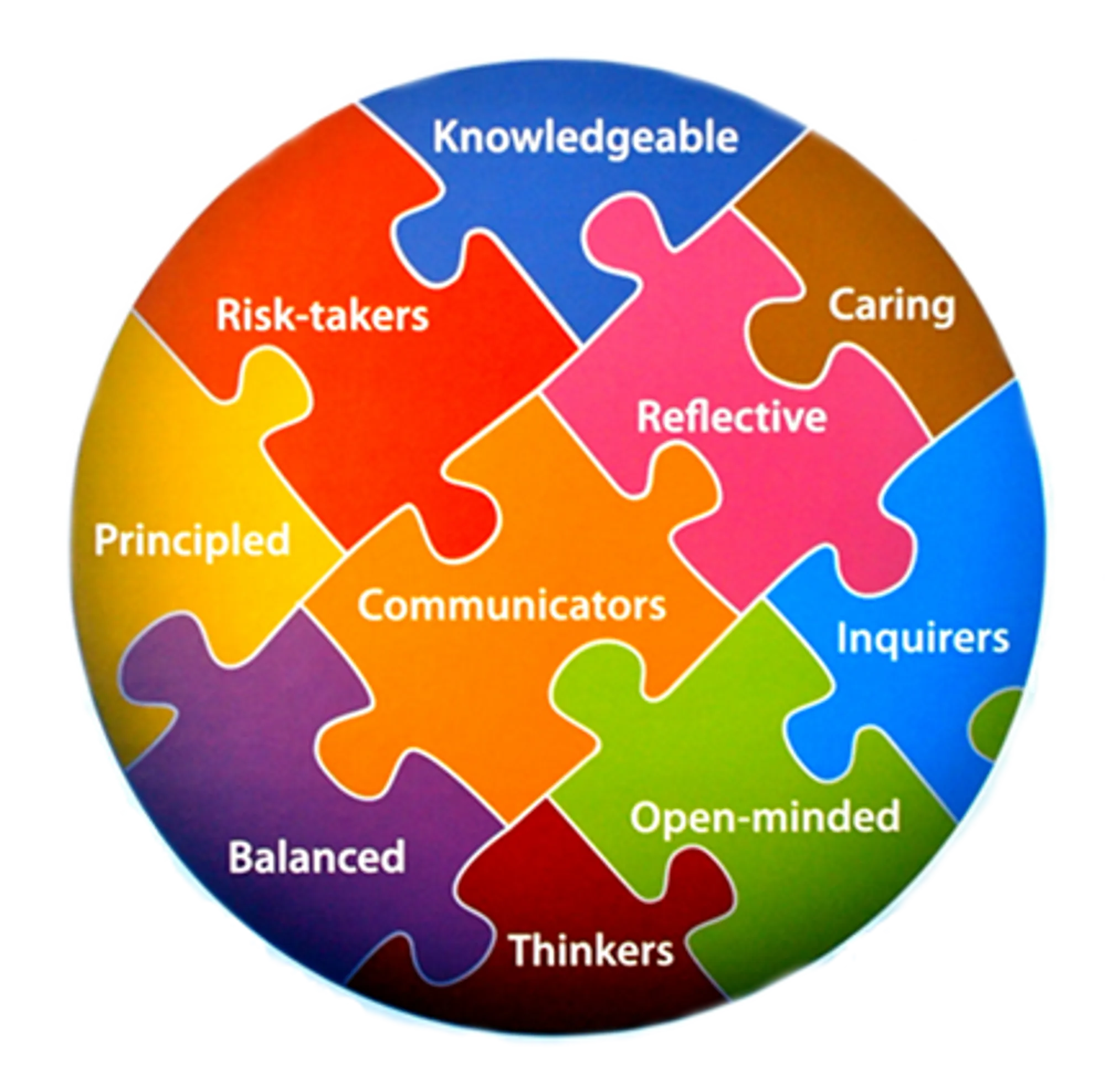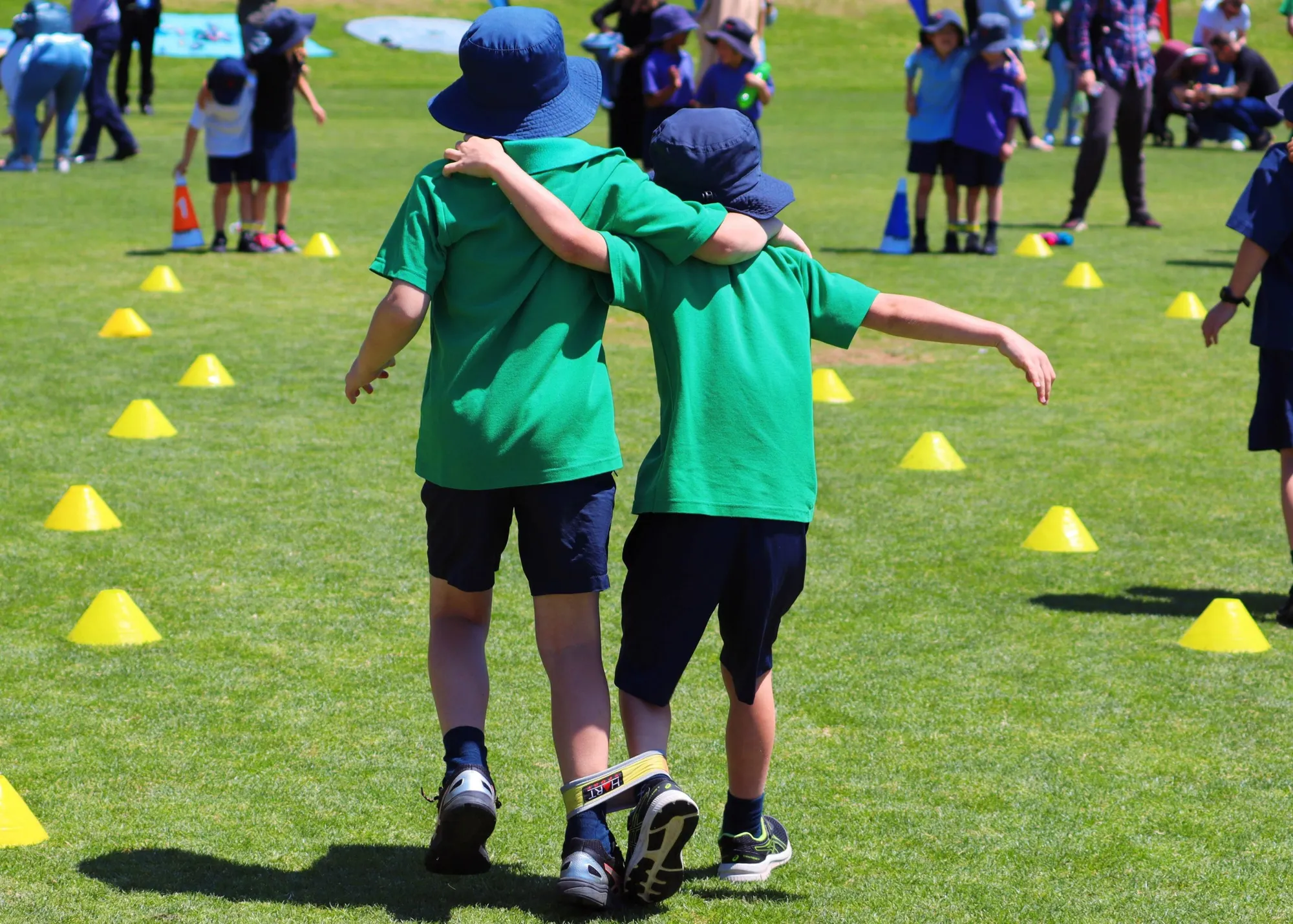Be Kind Whenever Possible
By Ms Karen Mahar, Acting Head of Junior School
"Be kind whenever possible. It is always possible." - Dalai Lama
In a world that sometimes seems dominated by negativity and strife, kindness stands as a beacon of hope. It's the invisible force that can make a significant difference in people's lives, and it matters more than ever.
It seems appropriate to pause and reflect, given the recent events in Palestine and Israel, reports in the news and media discussing stories of power imbalances and disrespectful relationships, along with campaigns focusing on negativity and of misinformation.
Why does kindness matter? How do we encourage it in others? Do we enable a culture of kindness in our community? Let's explore these questions and understand why kindness is crucial, how we can promote it in our environments, and what it means to be kind.

Our school is committed to providing a safe and caring environment for everyone, one that fosters respect for others. There are no exceptions to this commitment.
Capturing the Learner Profile attribute CARING, alongside the Character Strength of KINDNESS.
The aim of all International Baccalaureate (IB) programs, including the Primary Years Programme (PYP), is to develop internationally minded people who recognise their common humanity and shared guardianship of the planet, helping to create a better and more peaceful world.
The IB learner profile represents ten attributes valued by IB World Schools.

To be caring - we show empathy, compassion and respect. We have a commitment to service and we act to make a positive difference in the lives of others and the world around us.
To be kind - simply put, is being nice to others - being friendly, generous and considerate.
Why does kindness matter?
Kindness matters because it creates a better world for everyone. It's a fundamental human value that transcends cultural, social, and linguistic boundaries. Acts of kindness connect people on an emotional level and contribute to a sense of community. Kindness can uplift spirits, alleviate suffering, and inspire positive change.
In a world often filled with stress and turmoil, a kind word, gesture, or smile can offer solace and hope. It's the glue that holds communities together and helps us navigate the complexities of life. Kindness also has a ripple effect. When someone experiences kindness, they're more likely to pay it forward, creating a chain reaction of positivity.
How do I encourage kindness in others?
To encourage kindness in others, we can model it, celebrate it, and enable it:
- Model it: The most potent way to encourage kindness is by embodying it in your own actions. Your behaviour will serve as a powerful example for those around you.
- Celebrate it: Recognise and appreciate acts of kindness when you see them. By celebrating kindness, we encourage more of it.
- Enable it: Create opportunities for kindness to flourish. Participate in community service projects, volunteer your time, and support charitable causes. Enable others to engage in acts of kindness, whether big or small.

What does it mean to be kind, and why is it so important?
Being kind means treating others with respect, compassion, and empathy. It involves considering the feelings and needs of others and offering assistance or support when possible. Kindness is vital because it fosters a sense of belonging and unity in a community. It makes people feel seen, heard and valued.
Kindness is a simple yet profound way to combat discrimination, hatred, and negativity. It breaks down barriers, fosters trust, and promotes tolerance. It's not a sign of weakness but a demonstration of strength and character.
What's the easiest thing parents and teachers can do to help kids practise empathy?
Parents and teachers play a vital role in nurturing empathy in children. The easiest thing they can do is lead by example. Children learn by observing the adults in their lives. Show them what empathy looks like by being kind and understanding towards others. Teach them to actively listen and ask open-ended questions to understand others' feelings. Encourage them to talk about their emotions and express themselves.
Additionally, parents and teachers can incorporate empathy-building activities into the daily routine. Reading books that emphasise empathy and discussing real-life situations that require empathy can help children develop this important skill.
In conclusion, kindness is a powerful force that can transform lives and communities. Encouraging kindness in others involves modelling, celebrating, and enabling it. Being kind means showing respect and empathy, which can create a more compassionate and harmonious world. By dispelling common misconceptions about empathy and kindness and teaching children these values, we can foster a brighter future in which empathy and kindness prevail.
Sources:
